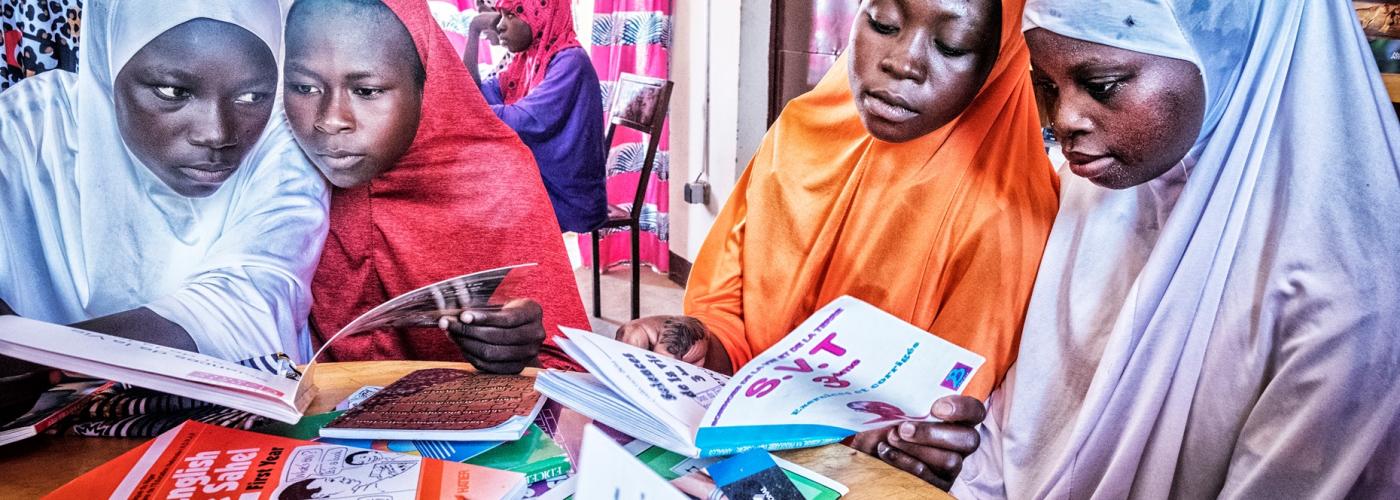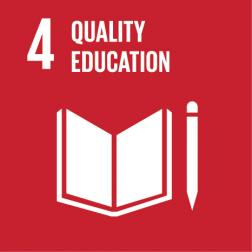After the difficult COVID period, the education sector is taking back control to repair the damage of the pandemic. In September 2022, at the 'Transformative Education Summit' (TES), 133 countries committed to transform the education sector with a view to strengthening capacity and promoting accessible and inclusive education.
Right now, education is in crisis, with six in 10 children unable to read, 244 million children and youth not attending school and employment for by 2020 dropped by a total of 34 million young people. The underinvestment in the sector not only jeopardises the achievement of the Sustainable Development Goals, but in a broad sense also our future.
Aware of these challenges, Belgian Development Cooperation devotes a significant part of its budget to education. It supports the implementation of bilateral programmes in six partner countries in basic education, vocational training, teacher training and the construction of sustainable schools. Moreover, Belgian Development Cooperation also contributes funding to Belgian NGOs active in education and invests through a contribution to the Global Partnership for Education.
It is the right time to mobilise the various actors and invite them to turn their commitments into action. Six calls to action were launched in September 2022 on the following themes: green and digital transition, the education crisis and financing, gender equality and basic education. These priorities are also reflected in the 'Youth Declaration' for education transformation, which was also launched at the TES.
It is time more than ever to give all attention and the necessary resources to ensure the quality and accessibility of education for all.

Some examples of projects supported by Belgian Development Cooperation:
- In Niger, the school system shows much social inequality, mostly to the disadvantage of girls from rural and poor areas. The primary school completion rate for this category is 24% and a meagre 5% for secondary school. ENABEL's intervention under the new programme should ensure that more girls go to school, stay there and succeed;
- The crisis in education is particularly reflected in high learning poverty. To counter this phenomenon, the IPU supports teacher training. Since 2002, 67 million more children can count on the support of a qualified teacher. In 2022, the GPE spent $528 million supporting teachers and education activities. Last year, 650,000 teachers were trained with GPE funding.



